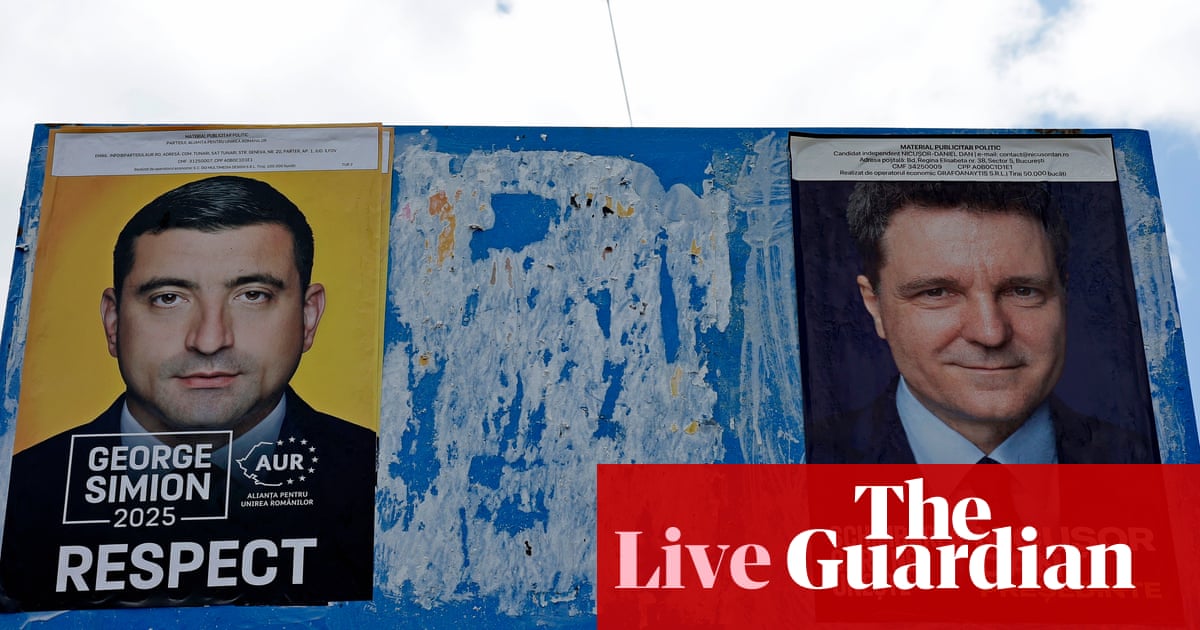Wes Anderson has contrived another of his elegant, eccentric, rectilinear comedies - as ever, he is vulnerable to the charge of making films that stylistically resemble all his others, and yet no more, surely, than all those other directors making conventional films that resemble all the rest of their own conventional work.
The Phoenician Scheme is enjoyable and executed with Anderson’s usual tremendous despatch, but it is somehow less visually detailed and inspired than some of his earlier work; there is less screwball sympathy for the characters, and it is disconcerting to see actors of the calibre of Tom Hanks, Willem Dafoe and Scarlett Johansson phoning in tiny, deadpan, almost immobile cameos. But there is a likeable lead turn from Mia Threapleton, an eerie visual and aural echo of her mother, Kate Winslet.
The absurdly opaque and pointless “Phoenician Scheme” of the title is a plan by notorious plutocrat-entrepreneur Zsa-Zsa Korda (Benicio Del Toro) to dominate the economy of a fictional Middle Eastern nation with an interlocking series of mining transportation and fishing ventures, by using exploitative slave labour and moreover manipulating the agricultural market in such a way as to cause famine.
To this end, he has signed investment deals with various relatives and associates, including Marty (Jeffrey Wright), Cousin Hilda (Scarlett Johansson), Marseille Bob (Mathieu Amalric) and his brother, Uncle Nubar, who may incidentally have murdered Zsa-Zsa’s wife – and is played by Benedict Cumberbatch with a fierce beard and kohl eyeliner, like Rasputin in a silent film.
His daughter is Liesl, a novitiate nun (Mia Threapleton) and in true Michael Corleone style, it appears to be her destiny to take over the business despite not wanting to. The Norwegian family tutor Bjorn Lund (Michael Cera) is deeply in love with Liesl.
But now the US government, in the form of Bobby-Kennedy-style buttoned-up apparatchik Mr Excaliber (Rupert Friend) tries to destroy the Scheme by driving up the cost of the “bashable rivets” on which the whole plan is predicated and now Zsa-Zsa must close the profitability gap by touring around each of his investors to persuade them to accept less profit than they agreed … and so the films gives us a sketch of each wacky figure in turn. Meanwhile Zsa-Zsa, who keeps nearly dying in government-schemed plane crashes, has persistent visions of heavenly judgment from a God played by Bill Murray.

It rattles amiably along in that savant-child style that Anderson has made his own, but is in danger of becoming a mannerism. It is always entertaining, and delivered with the usual conviction and force but with less of the romantic extravagance than we’ve seen before, less of the childlike loneliness that has been detectable in his greatest movies.

 3 hours ago
6
3 hours ago
6

















































